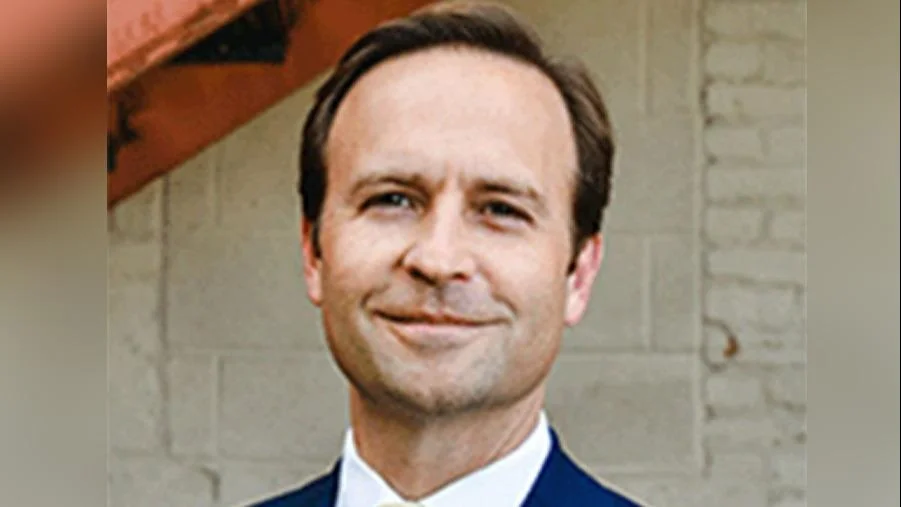Brian Calley President and Chief Executive Officer at Small Business Association of Michigan | Official website
Brian Calley President and Chief Executive Officer at Small Business Association of Michigan | Official website
The Michigan House of Representatives passed a $54 billion omnibus budget bill on Tuesday, bringing the total state budget for the year to more than $78.5 billion when combined with earlier education budgets. This amount is approximately $3 billion less than the current year's budget, $5 billion less than what the Governor proposed, and $6 billion below the Senate's version.
The new budget, HB 4706, was approved nearly two months after the statutory July 1 deadline. It features $5 billion in cuts but increases spending for the Legislature, Auditor General, Department of Military and Veterans Affairs, and Transportation.
A notable change is in transportation funding. Speaker Matt Hall (R-Richland Township) announced a record $10.2 billion allocation for the Department of Transportation—$3.4 billion higher than last year and over $3.3 billion more than the Senate’s proposal.
During a press conference after passage of HB 4706, House Appropriations Majority Vice Chair Matt Maddock (R-Milford) thanked Speaker Hall for enabling significant budget reductions. Maddock said these decisions came from reviewing each line item to identify waste or abuse.
The vote on HB 4706 was 59-46; Rep. Karen Whitsett (D-Detroit) was the only Democrat supporting it.
Several departments will see substantial cuts: The Department of Labor and Economic Opportunity faces a reduction of $1.1 billion (a 46.7% decrease), while Environment, Great Lakes and Energy loses $200 million (19.2%). The Department of State is cut by $69 million (23.8%), Attorney General by $38 million (29.6%), and Civil Rights Commission by $15 million (53.4%).
Speaker Hall defended the process as transparent despite bypassing typical committee procedures for HB 4706, citing weekly press conferences and 137 hours of public hearings—much from testimony before the House Appropriations Subcommittee on Labor and Economic Opportunity.
This year’s budget allocates $100 million to cover 62 legislative earmarks—a drop from previous years’ totals of $815 million in FY2024 and $385 million in FY2025.
House Minority Leader Ranjeev Puri (D-Canton) criticized what he called "the least transparent budget process" he had experienced: “(It’s) more than ironic coming from a speaker who prides himself on being very transparent. You have a number of individual caucus members on the Republican side who are very vocal about the need for transparency and due diligence last term, and just the hypocrisy, I don’t think can be emphasized enough right now,” Puri said.
Puri also noted that Democrats were given about an hour to review the bill before voting: “I think that’s by design . . . if you have something that you are proud of, if you have ideas that you want to broadcast to the world, you don’t hide them (until) an hour before the vote.”
Rep. Alabas Farhat (D-Dearborn), former minority vice chair of Appropriations, added: “We’ve seen from the Speaker a desire to do pretty much everything but govern.”
Puri argued that passing this budget does not remove obstacles in negotiations: He stated that Hall remains "the only obstacle" and suggested that a government shutdown is still possible because Hall has never passed a budget on time.
Other aspects of this budget include eliminating 4,300 unfilled full-time positions; requiring audits related to voter rolls; removing Strategic Outreach and Attraction Reserve funding; restricting lawsuits initiated by the Attorney General; mandating E-Verify use among contractors; prohibiting state funds for diversity measures; reducing Michigan State Police funding; prohibiting gender reassignment surgery funding for prisoners; eliminating nearly 700 corrections jobs; and cutting Medicaid funds based on federal eligibility changes.
Article courtesy MIRS News for SBAM’s Lansing Watchdog newsletter
Click here for more News & Resources.






 Alerts Sign-up
Alerts Sign-up